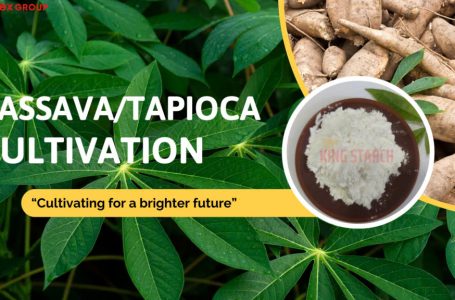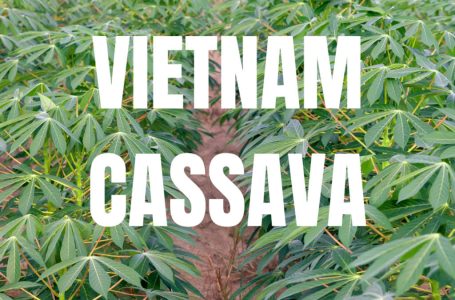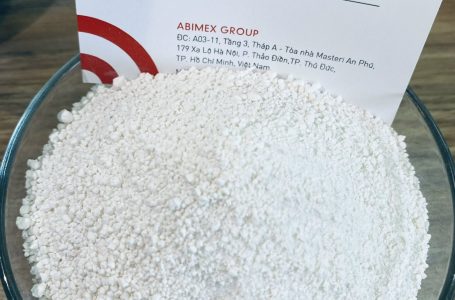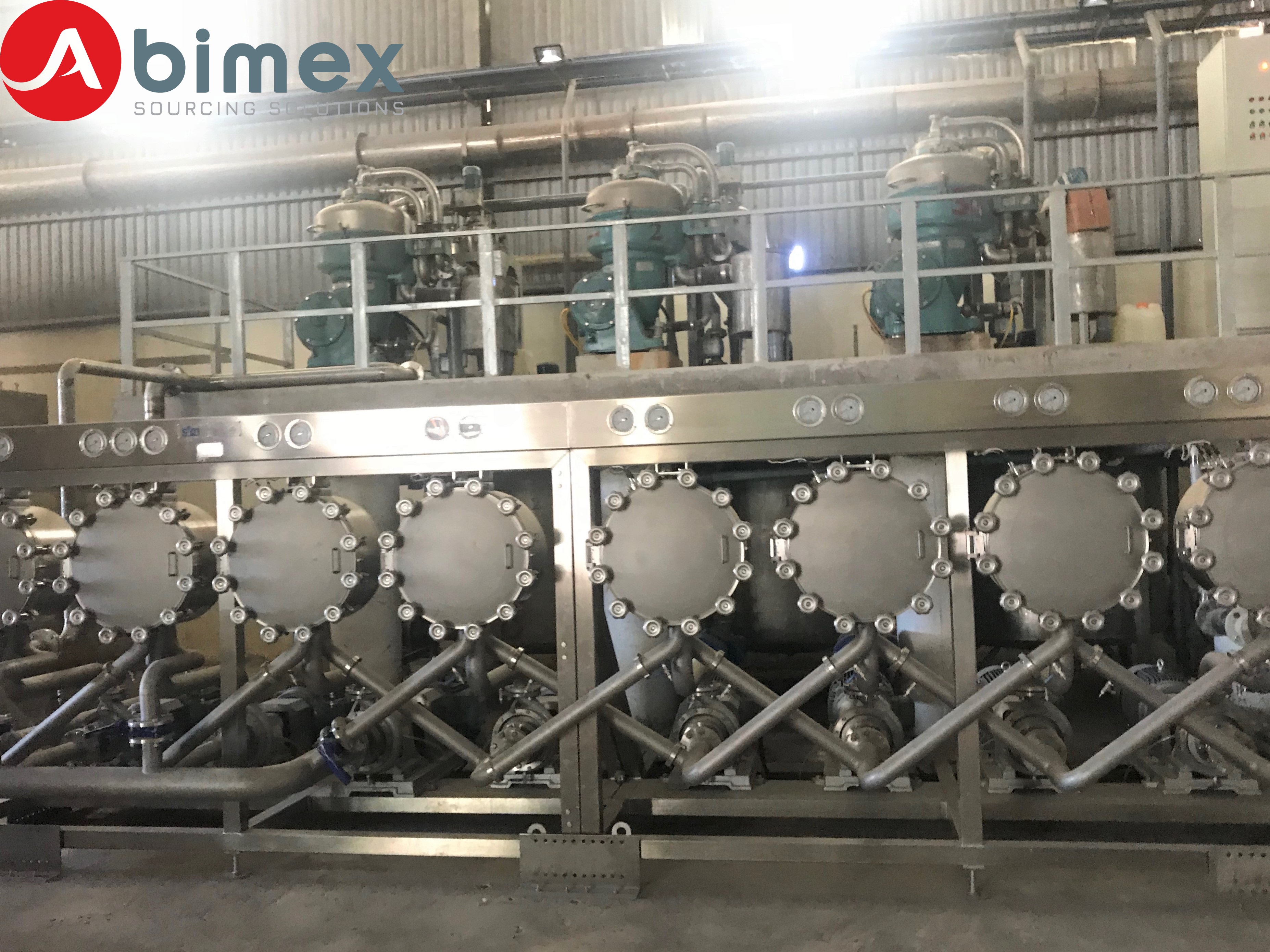
Modified tapioca starch is a game-changer in multiple industries, including food and chemicals. This versatile ingredient, derived from
natural cassava roots, undergoes a modification process to enhance its properties, making it a valuable solution for a wide range of applications.
From improving food textures to revolutionizing chemical formulations, modified tapioca starch has proven its worth as a key player in
industrial innovation.
What Is Modified Tapioca Starch?
Modified tapioca starch is processed starch that has been chemically, enzymatically, or physically altered to achieve specific
functional properties. These modifications improve characteristics like stability, viscosity, and resistance to high temperatures,
acids, or freezing and thawing cycles. Unlike native tapioca starch, which has limited applications due to its natural constraints,
modified starches are tailored to meet the unique demands of different industries.
The primary benefits of modified tapioca starch include:
- Enhanced Stability: Performs well in varying conditions such as heat, acid, or freezing.
- Improved Functionality: Offers specific properties like thickening, emulsifying, or film-forming.
- Customizability: Can be adapted for targeted applications, making it highly versatile.
Applications in the Food Industry
The food industry is one of the largest consumers of modified tapioca starch. Its ability to improve food texture, extend shelf life,
and stabilize ingredients makes it indispensable in many food products.
Thickening Agent:
Modified tapioca starch is widely used in sauces, soups, and gravies due to its superior thickening abilities. Unlike other starches,
it provides a smooth, glossy texture without clumping.Improved Texture in Bakery Products:
In baked goods, modified tapioca starch enhances moisture retention and elasticity, resulting in softer bread and pastries.
It also improves the shelf life by reducing staling.Freeze-Thaw Stability:
For frozen foods like ice cream and frozen meals, modified tapioca starch prevents syneresis (water leakage) during freezing
and thawing, ensuring the product maintains its original texture.Clean-Label Products:
With rising consumer demand for clean-label ingredients, certain types of modified tapioca starch, such as physically modified
starch, are marketed as natural and GMO-free options.
Applications in the Chemical Industry
Modified tapioca starch is not just a star in the food sector; its unique properties make it an essential ingredient in the chemical industry.
Adhesives and Glues:
Modified starches are key components in the production of industrial adhesives, particularly for paper, cardboard, and textiles.
Their strong bonding properties and eco-friendliness make them an attractive alternative to synthetic adhesives.Textile Sizing:
In the textile industry, modified tapioca starch is used as a sizing agent to strengthen and protect yarns during weaving. Its
film-forming capability ensures smoother weaving processes and reduces breakage.Bioplastics:
One of the most promising applications of modified tapioca starch is in the production of biodegradable plastics. Its natural
polymer structure makes it an excellent base material for creating eco-friendly packaging solutions.Oil and Gas Drilling:
Modified starch is also used as a viscosifier in drilling fluids, where it stabilizes the mud and controls fluid loss, improving the
efficiency of drilling operations.
The Growing Demand for Modified Tapioca Starch
The global demand for modified tapioca starch is on the rise due to its diverse applications and sustainable nature. As industries
continue to seek eco-friendly and cost-effective solutions, this ingredient is becoming a preferred choice across the globe. Key
drivers for its growing popularity include:
- Increased demand for processed and convenience foods.
- Rising interest in biodegradable and sustainable materials.
- Expanding applications in industrial sectors like textiles, paper, and adhesives.
Conclusion
Modified tapioca starch is a transformative ingredient that bridges the gap between traditional raw materials and modern industrial
needs. Its ability to adapt and excel in diverse applications has made it a cornerstone for innovation in both the food and chemical
industries. As global trends lean towards sustainability and efficiency, modified tapioca starch is set to play an even more critical role
in shaping the future of these sectors.
For businesses looking to explore the potential of modified tapioca starch, it represents an opportunity to enhance product quality,
meet evolving consumer demands, and contribute to a more sustainable world.







